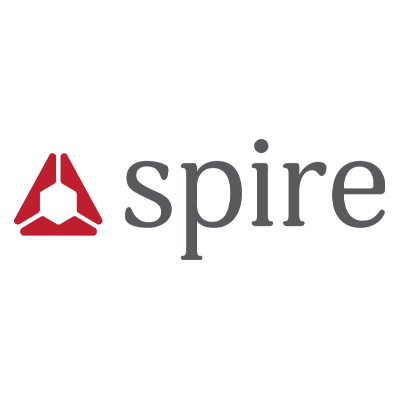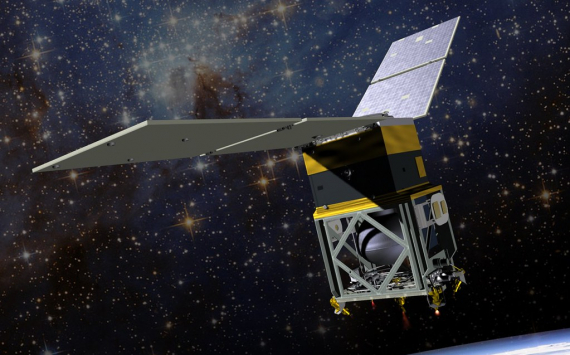Description
Spire Global, Inc. is a space-to-cloud data and analytics company that specializes in the tracking of global data sets powered by a large constellation of nanosatellites, such as the tracking of maritime, aviation and weather patterns.
The company currently operates a fleet of more than 110 CubeSats, the second largest commercial constellation by number of satellites, and the largest by number of sensors. The satellites are integrally designed and built in-house. It has launched more than 140 satellites to orbit since its creation.
The company has offices in San Francisco, Boulder, Washington DC, Glasgow, Luxembourg, Singapore, and Cambridge (Ontario).
History
Early Years
Spire was originally known as NanoSatisfi Inc. NanoSatisfi was founded in June 2012 in San Francisco by International Space University graduates Peter Platzer, Jeroen Cappaert and Joel Spark as part of ArduSat, a project aiming to “democratize access to space”. Tests for early prototypes were conducted over the summer and the fall through a high-altitude balloon. This effort was partly financed through crowdfunding, with a KickStarter that raised Spire $106,330. In November the company signed an agreement with NanoRacks for the deployment of two satellites in what was to become “the first U.S. Commercial Satellite Deployment from the International Space Station”.
In order to raise the capital required for the manufacturing of those satellites, the company incubated with Lemnos Labs. It raised investments totaling $1.5M in a seed round by Shasta Ventures, Lemnos Labs, E-merge, Grishin Robotics, and Beamonte Investments in February 2013. A year after signing with NanoRacks, on November 19, 2013, both ArduSat-1 and ArduSat-X (1U CubeSats) were successfully released from the Kibo Experiment Module of the International Space Station and quickly started transmitting data to Spire servers.
Following this experimentation, Spire engineers opted to focus on 3U nanosatellites to start porting more complex payloads, launching the first iteration of its standard satellite format, Lemur-1, with the Dnepr rocket in June 2014, transiting from 1U to 3U in only seven months, and launching its first prototype just two years after incorporation.
On the basis of this early success, Spire announced in July a follow-up $25M Series A funding round led by Will Porteous from RRE Ventures and backed by Emerge, Mitsui & Co. Global Investment, and Mousse Partners Capital. The following month, the company announced that ArduSat would be spun-off of the company and would focus exclusively on educational technology in partnership with U.S. high schools. Shortly after, Spire opened its Singapore office in late 2014 and started steadily increasing its network of ground stations.
Growth
On June 30, 2015, the company announced a $40 Million Series B led by Promus Ventures with participation from Bessemer Venture Partners and Jump Capital. in order to help finance the first batches of Lemur satellites. The first Lemur-2 were launched in September 2015 through the Polar Satellite Launch Vehicle-XL, making Spire the first US-based operator to launch from India. This launch inaugurated the Spire tradition to leave the naming of each satellite to employees, with the first 3 Lemurs christened respectively Joel, Peter and Jeroen after the company's co-founders.






















